Massachusetts, distinguished by its diverse landscapes and varying climatic patterns, presents a captivating tapestry of geographical wonders and atmospheric dynamics.
In exploring the intricate relationship between Massachusetts’ geography and climate, we unravel a story painted with coastal plains, mountainous terrains, and the ever-present influence of the Atlantic Ocean.
The state’s geography is a symphony of contrasts, from the scenic coastal beauty along the Atlantic to the lush valleys and elevated peaks of the Berkshire Hills in the west.
As we delve into this narrative, we’ll journey through the seasonal nuances that shape the Bay State, experiencing the chill of winters, the blossoming springs, the warmth of summers, and the crispness of autumn.
This exploration extends beyond mere observation, delving into the resilience of Massachusetts in the face of extreme weather events, showcasing how this region adapts to and thrives within its distinct climatic challenges.
Join us in this immersive journey, where geography meets climate, unveiling the unique character of Massachusetts and the fascinating interplay between its natural features and atmospheric conditions. Stay sharp.
Massachusetts Geography
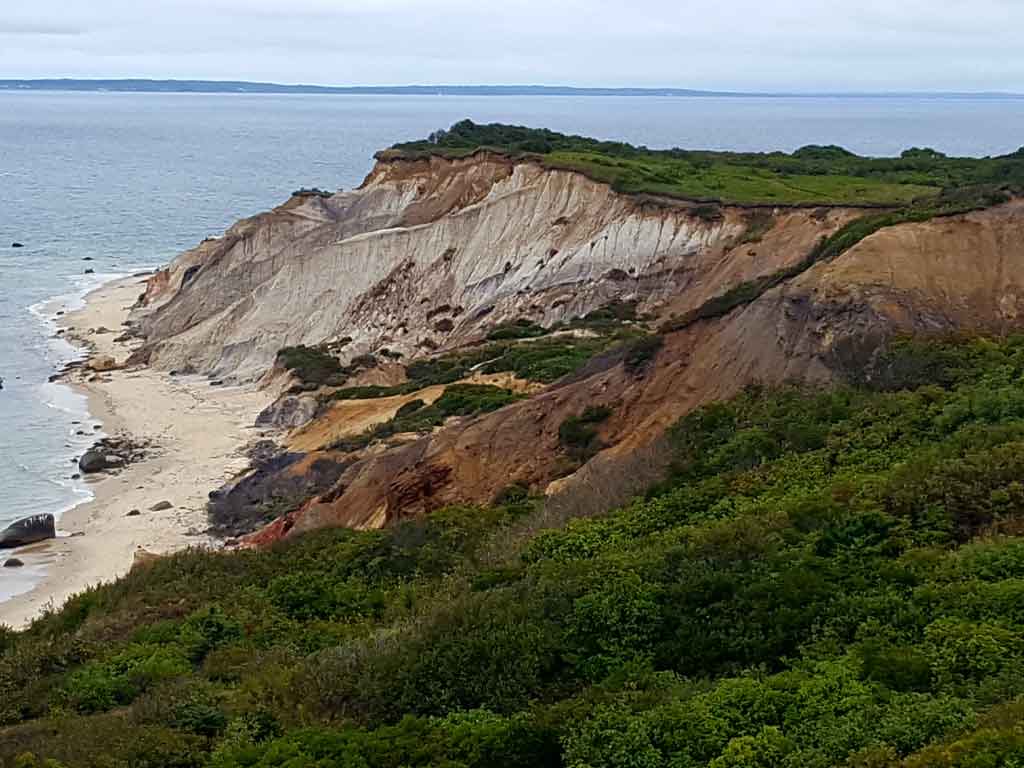
Massachusetts, located in the New England region of the northeastern United States, is characterized by diverse geography. The state encompasses coastal plains, rolling hills, and mountainous terrain.
The eastern part features a heavily indented coastline along the Atlantic Ocean, with notable landmarks such as Cape Cod and the islands of Martha’s Vineyard and Nantucket.
Moving westward, the landscape transitions to fertile valleys and uplands, including the Connecticut River Valley. Notable mountain ranges include the Berkshire Hills in the western part of the state.
Massachusetts has numerous lakes, rivers, and forests, contributing to its scenic beauty. The state’s climate varies, experiencing cold winters and warm summers, influenced by its proximity to the ocean.
The capital, Boston, situated on Massachusetts Bay, plays a central role in the state’s cultural and economic life.
Nestled in the heart of the New England region, Massachusetts boasts a captivating geography that spans a diverse range of landscapes.
Coastal Splendor
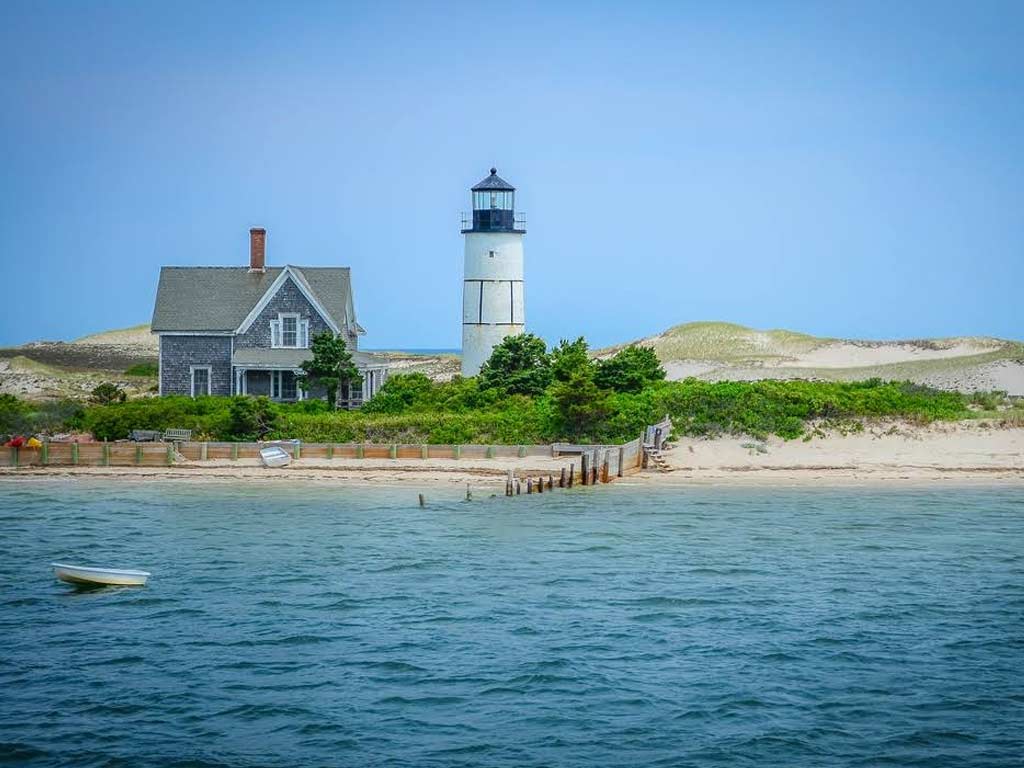
The eastern part of the state is adorned with picturesque coastal plains along the Atlantic Ocean.
This stretch includes iconic landmarks such as Cape Cod and the enchanting islands of Martha’s Vineyard and Nantucket, adding to the state’s coastal charm.
Breathtaking Berkshire Hills
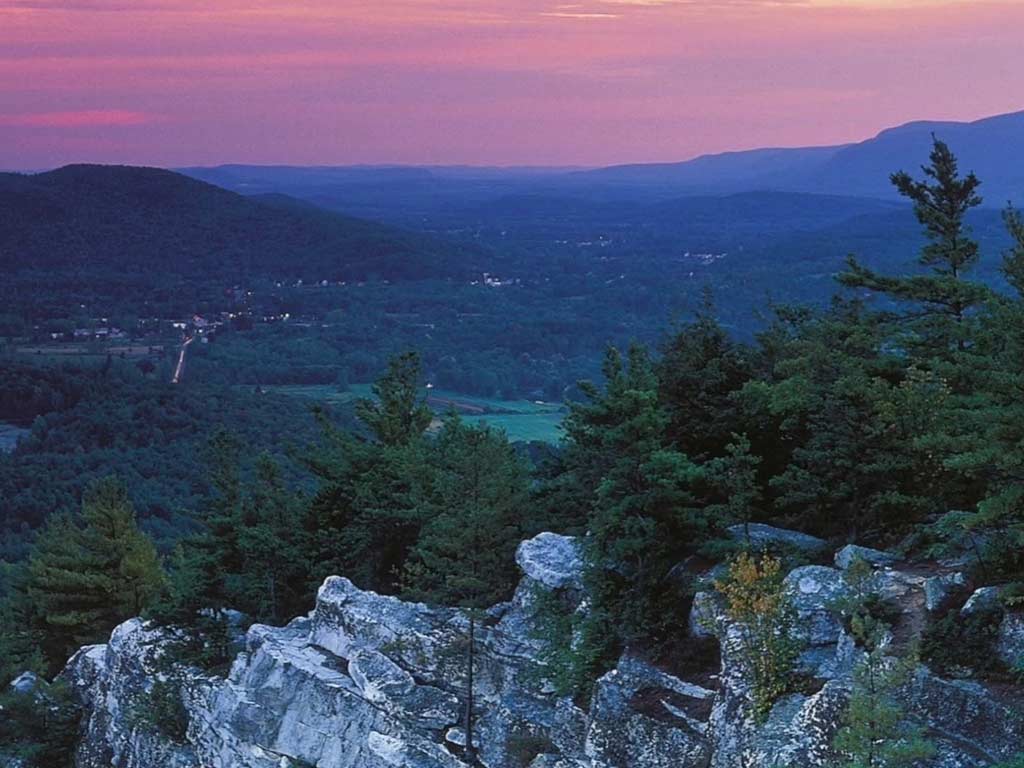
Heading west, the topography transforms into the rolling hills and elevated peaks of the Berkshire Hills.
This mountainous region not only offers stunning scenic views but also serves as a playground for outdoor enthusiasts with its hiking trails and nature reserves.
Fertile Valleys
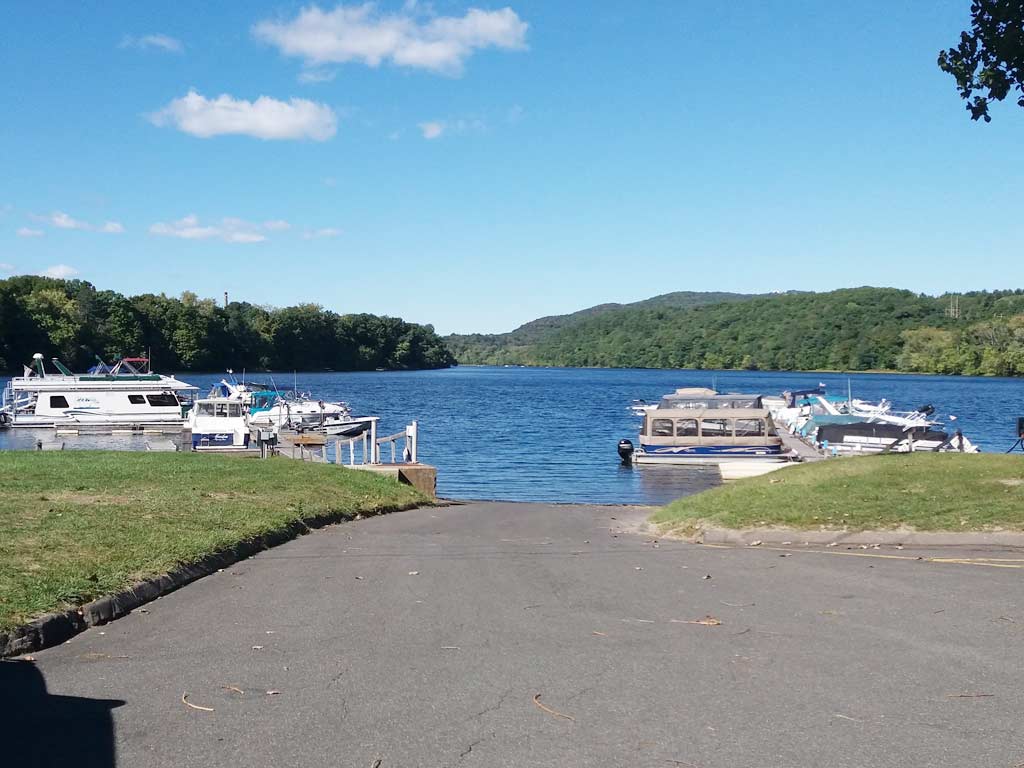
The central and western portions of Massachusetts are characterized by fertile valleys, notably the Connecticut River Valley.
These areas contribute significantly to the state’s agricultural productivity, featuring lush landscapes, meandering rivers, and charming rural communities.
Island Retreats

Beyond the mainland, Massachusetts encompasses islands like Martha’s Vineyard and Nantucket, each with its unique character.
These retreats not only showcase coastal beauty but also play a vital role in the state’s cultural and recreational tapestry.
Urban Landscape

Massachusetts is home to vibrant urban centers, with Boston standing as the state’s capital and cultural hub.
The cityscape, marked by historic architecture and modern developments, reflects the dynamic interplay between human innovation and the natural surroundings.
Historic Significance

The state is steeped in history, with landmarks like Plymouth Rock and Salem embodying its rich colonial past.
The geography serves as a backdrop to historical events, shaping the narrative of Massachusetts and contributing to its cultural identity.
Island Retreats
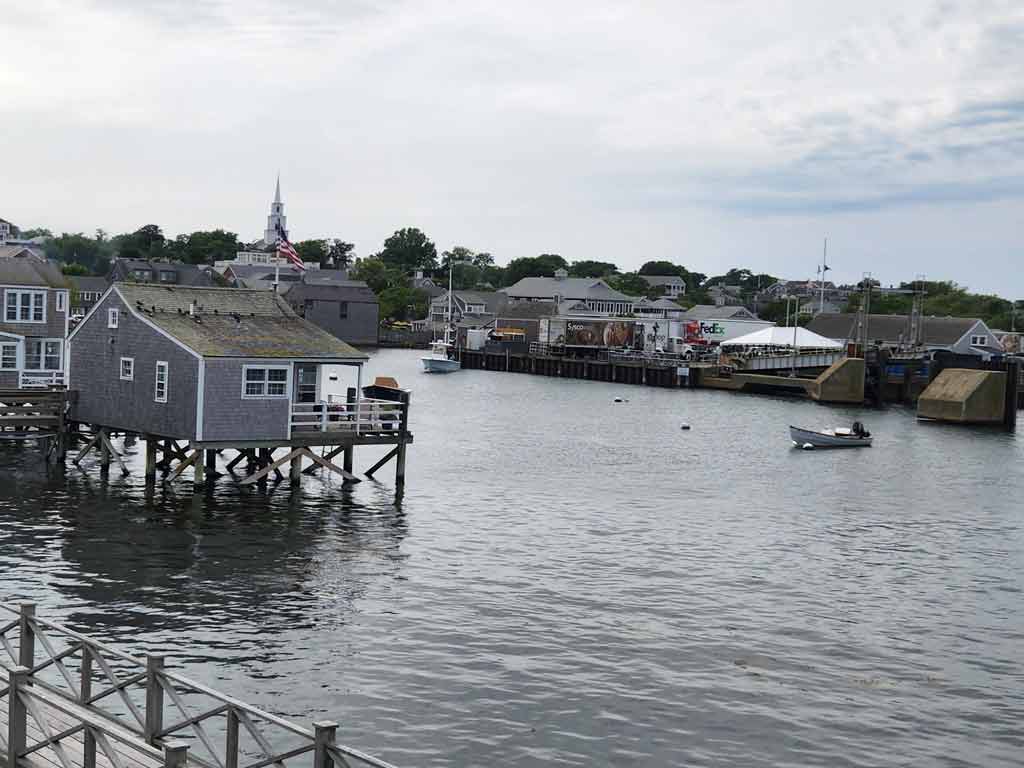
Beyond the mainland, Massachusetts encompasses islands like Martha’s Vineyard and Nantucket, each with its unique character.
These retreats not only showcase coastal beauty but also play a vital role in the state’s cultural and recreational tapestry.
Protected Areas
Massachusetts takes pride in its commitment to conservation, with numerous protected areas and national parks.
From the Cape Cod National Seashore to the Quabbin Reservoir, these regions preserve the state’s natural beauty and biodiversity, providing havens for wildlife and outdoor enthusiasts alike.
Climate Type of Massachusetts
Massachusetts, a state in the New England region of the northeastern United States, boasts a varied geography that influences its climate.
Oceanic Influence

Massachusetts experiences an oceanic climate along its eastern coastline due to its proximity to the Atlantic Ocean. This results in milder temperatures compared to inland areas.
Winter Chill

The state encounters cold winters with significant snowfall, especially in the central and western regions. Coastal areas tend to be slightly milder during winter months.
Warm Summers
Summers in Massachusetts are generally warm, with coastal areas benefiting from the ocean’s moderating influence. Inland regions may experience hotter temperatures, but the overall climate remains temperate.
Fall Foliage
The state is renowned for its picturesque fall foliage, particularly in the western Berkshire Hills. Vibrant autumn colors attract tourists and locals alike during this season.
Microclimates
Massachusetts exhibits microclimates, with variations in temperature and precipitation based on factors like elevation and proximity to bodies of water.
The mountainous western region, for instance, can have cooler temperatures compared to the eastern lowlands.
Climate Resilience
The state faces climate-related challenges, including sea-level rise along the coast and increased frequency of extreme weather events.
Efforts to enhance climate resilience and sustainability are integral components of Massachusetts’ environmental initiatives.
Extreme Weather Facts in Massachusetts
Massachusetts, with its diverse geography and proximity to the Atlantic Ocean, is subject to various extreme weather conditions that can impact the state throughout the year.
Nor’easters
Massachusetts frequently experiences nor’easters, powerful winter storms along the East Coast.
These storms bring heavy snowfall, strong winds, and coastal flooding, often causing disruptions and challenges for residents.
Winter Storms

The state faces intense winter storms, with snow accumulations leading to significant disruptions.
Blizzards and freezing temperatures are not uncommon, especially in the central and western parts of Massachusetts.
Hurricanes
Although less frequent than in southern states, Massachusetts is susceptible to hurricanes and tropical storms.
Coastal areas are particularly vulnerable to storm surges, high winds, and heavy rainfall during hurricane events.
Heatwaves
In the summer, Massachusetts can experience heatwaves with high temperatures and humidity. These events can pose health risks and necessitate measures to ensure public safety, especially in urban areas.
Flash Floods
Intense rainfall, often associated with severe thunderstorms or slow-moving weather systems, can lead to flash floods in various parts of the state.
Urban areas and regions with poor drainage infrastructure are especially susceptible.
Cold Snaps and Arctic Outbreaks
Massachusetts occasionally experiences cold snaps and Arctic outbreaks, leading to extremely low temperatures. These events pose risks such as frostbite and increased strain on heating systems.
Tornadoes
Although less common than in the central United States, Massachusetts does experience tornadoes.
These relatively rare events can cause localized but significant damage, emphasizing the need for preparedness and early warning systems.
Common Weather Temperature in Massachusetts
Massachusetts experiences a range of temperatures throughout the year due to its diverse geography and four distinct seasons.
Winter (December to February)
Winters in Massachusetts are cold, with average temperatures ranging from around 20°F to 35°F (-6°C to 2°C). However, temperatures can drop below freezing, leading to snowfall and icy conditions.
Spring (March to May)
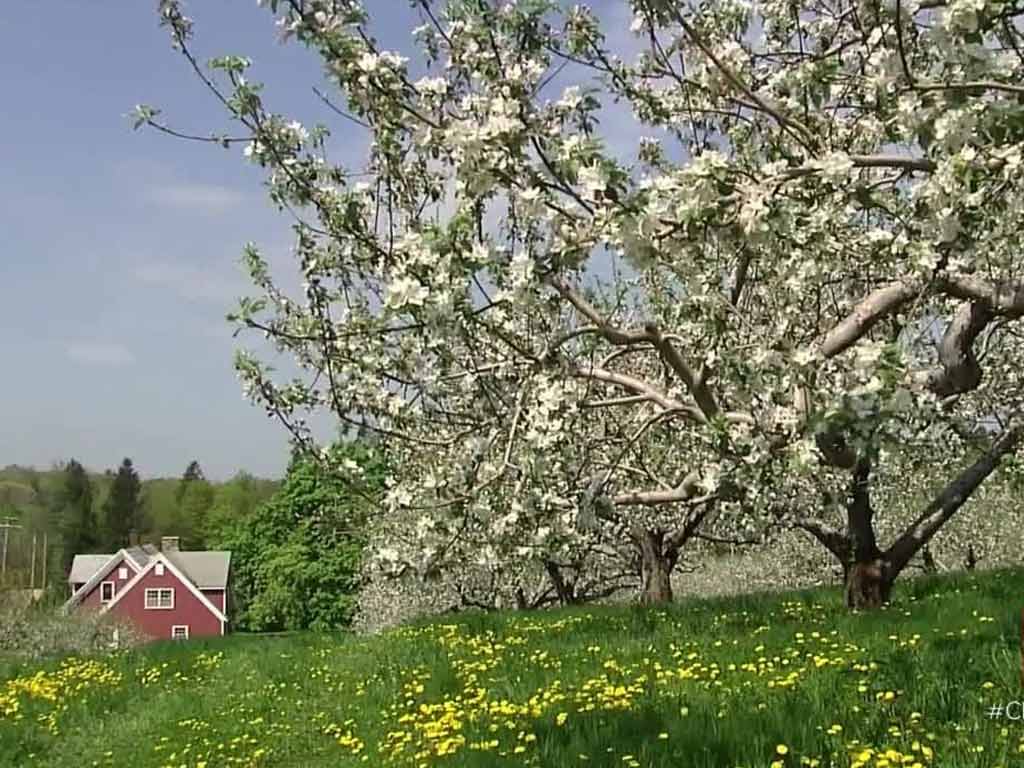
Spring brings a gradual warming, with average temperatures increasing from approximately 30°F to 60°F (-1°C to 16°C). This season witnesses the transition from cooler to milder weather, with blooming vegetation.
Summer (June to August)
Massachusetts experiences warm to hot summers, with average temperatures ranging between 60°F and 80°F (16°C to 27°C).
Coastal areas tend to be cooler due to the influence of the Atlantic Ocean, while inland regions may experience higher temperatures.
Fall (September to November)
Autumn is characterized by crisp and cooler temperatures, with averages ranging from 40°F to 65°F (4°C to 18°C). This season is renowned for its vibrant foliage as the leaves change colors.
These temperature ranges are generalizations, and actual temperatures can vary within the state’s different regions.
Coastal areas, especially around Boston, tend to have milder winters and cooler summers compared to the inland and mountainous regions of western Massachusetts.
FAQs
What geographical features define Massachusetts?
Massachusetts features a diverse landscape, including coastal plains along the Atlantic, mountainous regions like the Berkshire Hills, fertile valleys, and islands such as Martha’s Vineyard and Nantucket.
How does the Atlantic Ocean influence Massachusetts’ climate?
The oceanic influence moderates temperatures, resulting in milder winters along the coast. Summers are warm, and the state experiences varied weather due to its proximity to the Atlantic.
What extreme weather events does Massachusetts commonly face?
Massachusetts encounters nor’easters, winter storms, hurricanes, heatwaves, and occasional tornadoes. These events contribute to the state’s diverse and sometimes challenging weather conditions.
What is the average temperature range in Massachusetts throughout the year?
Winters see temperatures between 20°F and 35°F (-6°C to 2°C), spring ranges from 30°F to 60°F (-1°C to 16°C), summers average 60°F to 80°F (16°C to 27°C), and fall temperatures range from 40°F to 65°F (4°C to 18°C).
How is Massachusetts addressing climate change and resilience?
Massachusetts is actively working on climate initiatives, focusing on sustainability and resilience.
Efforts include adapting to rising sea levels, enhancing infrastructure, and implementing policies to mitigate the impact of climate change on the state’s environment and communities.
Wrapping Up
Massachusetts stands as a geographical tapestry, weaving together coastal beauty, mountainous landscapes, and vibrant ecosystems.
Its climate, shaped by the Atlantic Ocean, manifests in diverse seasons, from chilly winters to warm summers.
The state’s resilience against extreme weather events reflects its commitment to environmental sustainability.
From the picturesque Berkshire Hills to the dynamic coastal plains, Massachusetts embraces a rich tapestry of geography and climate, creating a captivating and ever-changing mosaic. Thank you so much.
Jaclyn Lowe